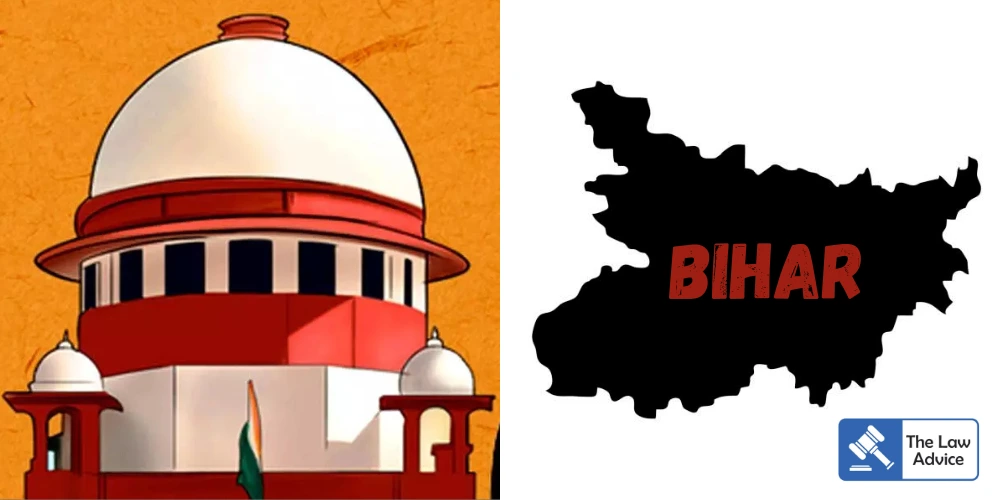New Delhi, July 10, 2025 —
The Supreme Court on Wednesday began hearing a batch of petitions challenging the Election Commission of India’s (ECI) controversial move to conduct a Special Intensive Revision (SIR) of the electoral rolls in Bihar, with several petitioners alleging that the process is arbitrary and could lead to large-scale voter disenfranchisement ahead of the upcoming state elections.
A two-judge bench comprising Justice Sudhanshu Dhulia and Justice Joymalya Bagchi posed pointed questions to the ECI about the timing, necessity, and legality of the exercise, which requires all voters in Bihar including those already enrolled to submit fresh documents to confirm their eligibility.
‘Every Voter Now a Suspect’: Petitioners Slam EC’s Process
Senior advocates appearing for the petitioners argued that the ECI’s notification places an unreasonable burden on citizens, especially those from marginalised communities who may struggle to produce documentation within the stipulated 30-day period, ending July 25.
“Millions of voters, including the elderly and the poor, are at risk of losing their right to vote simply because they lack papers — even if they have voted in multiple past elections,” argued Senior Advocate Kapil Sibal, representing civil society group Association for Democratic Reforms (ADR).
The petitioners include ADR, Yogendra Yadav, People’s Union for Civil Liberties (PUCL), and several Members of Parliament from the opposition INDIA bloc, including Mahua Moitra (TMC), Manoj Jha (RJD), KC Venugopal (Congress), and Supriya Sule (NCP).
EC Defends Voter Purge as ‘Corrective Exercise’
Defending the move, the Election Commission said the SIR aims to update and sanitise Bihar’s electoral roll, which contains over 7.9 crore names, by eliminating duplicate, deceased, and ineligible voters. The commission cited its authority under Article 324 of the Constitution and Section 21 of the Representation of the People Act, 1950 to conduct the exercise.
In its affidavit, the ECI called the revision a “corrective and preventive measure” essential to maintain the purity of the electoral process. It also claimed that a similar revision had not taken place in Bihar for over two decades.
However, the Court questioned whether such a massive revision could be implemented within a tight deadline without compromising voter rights.
During Wednesday’s hearing, the bench expressed concern about the feasibility of verifying such a large electorate within the 30-day window. Justice Dhulia reportedly observed, “There is a balance to be struck between electoral integrity and citizens’ right to vote. You cannot create a system that becomes exclusionary.”
The judges also took note of concerns about poor internet access in rural Bihar, a glitch-prone mobile application being used for data collection, and the practicality of deploying thousands of Booth Level Officers (BLOs) within such a short period.
Political Protests and Nationwide Attention
The controversy has sparked political protests across Bihar. On July 9, a state-wide bandh was called by opposition parties, with leaders like Rahul Gandhi, Tejashwi Yadav, and D Raja accusing the government of attempting to manipulate the voter base by excluding targeted communities.
The EC has maintained that the process is politically neutral and has received cooperation from across party lines at the ground level. It claims over 57% of voter verification forms have already been submitted.
The Supreme Court is expected to continue hearing the matter this week, with a possible interim order likely if the bench is convinced that the ongoing revision risks disenfranchising a significant section of the electorate. The Court may also examine whether the ECI has overstepped its constitutional mandate in conducting the SIR without specific legislative backing.
• Case Title: Association for Democratic Reforms & Others v. Election Commission of India
